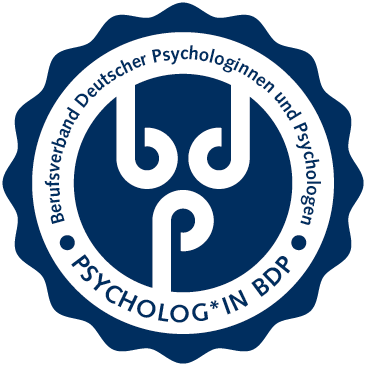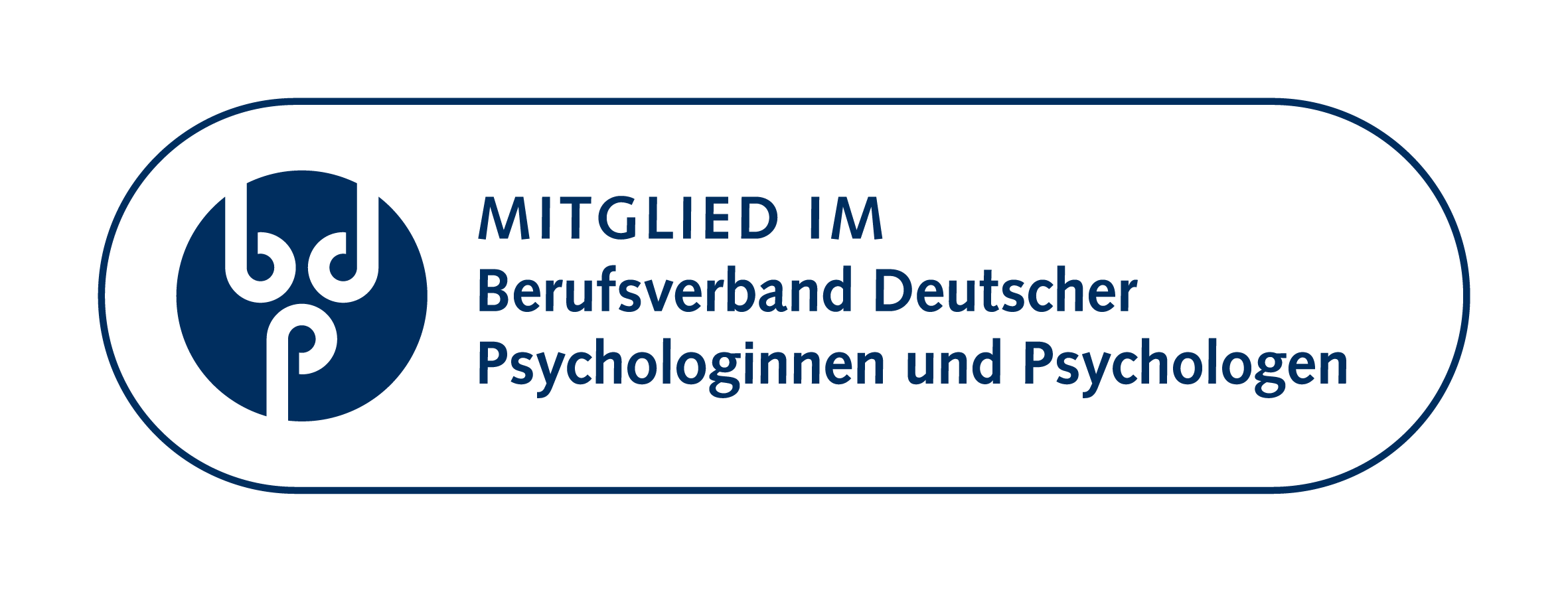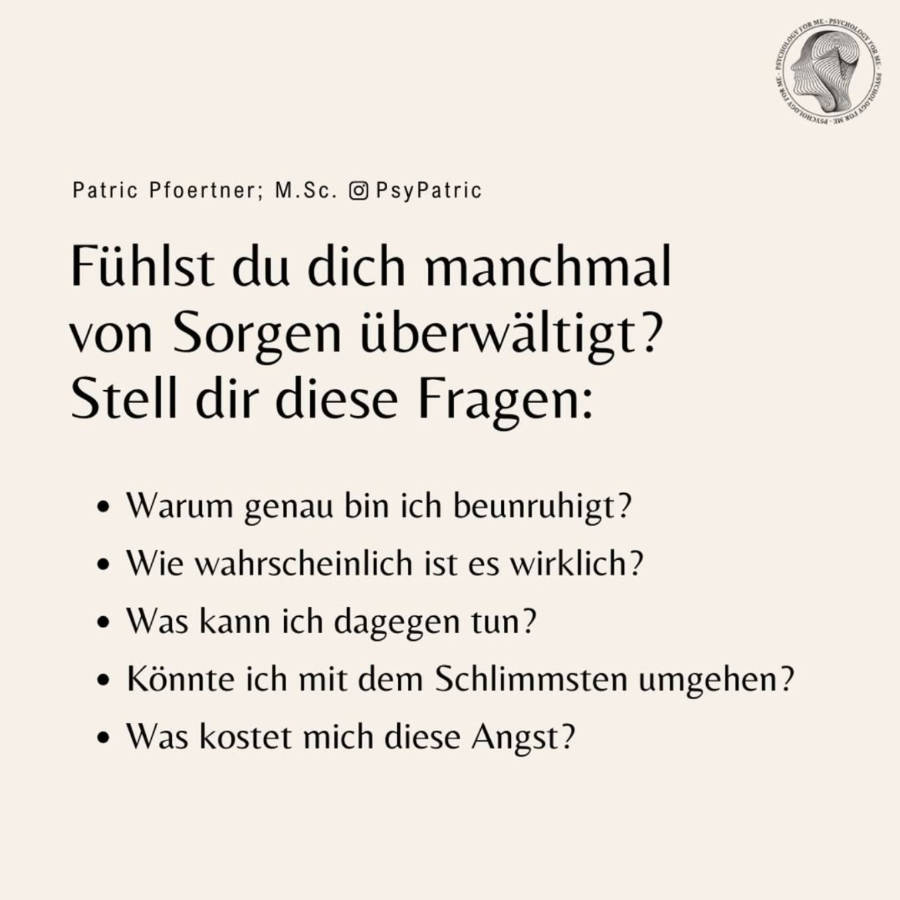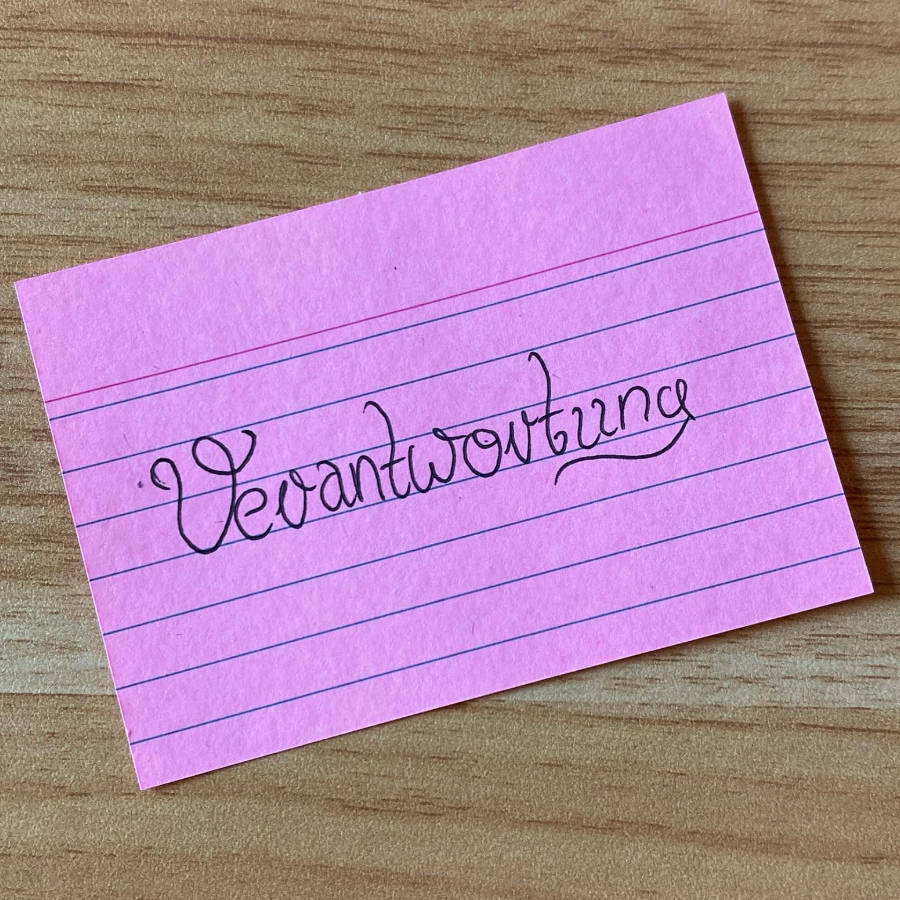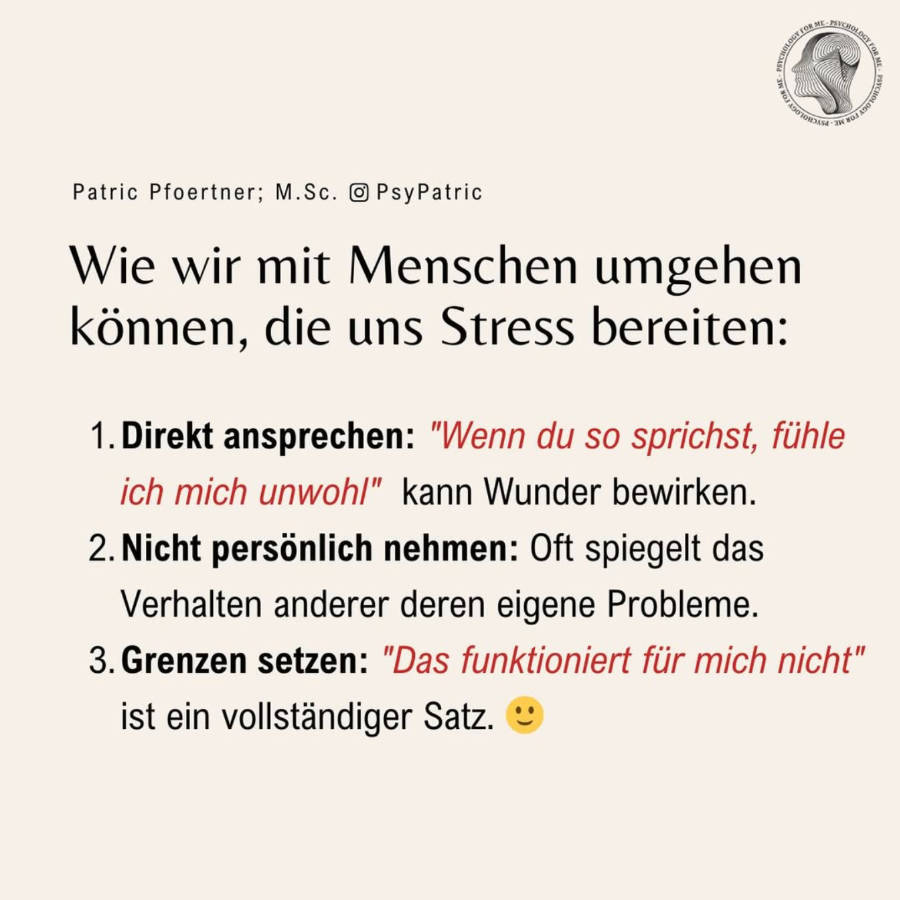Understanding Emotional Manipulation: Your Path to Healthier Relationships
Navigating relationships can be incredibly rewarding, but sometimes they can become unexpectedly challenging. If you’ve ever felt pressured, guilty, or responsible for someone else’s happiness to your own detriment, you might be experiencing emotional manipulation. It’s a subtle yet powerful dynamic that can chip away at your self-worth and autonomy. Our "Emotional Manipulation Vulnerability Test" is designed to help you recognize these patterns and understand their impact on your life.
It's natural to have questions when exploring a topic like emotional manipulation. Here are some common ones that people often ask:
What exactly is emotional manipulation?
Emotional manipulation, often referred to as emotional blackmail, is a psychological tactic where someone uses emotions (like guilt, fear, or obligation) to control another person's behavior. This isn't about healthy influence or compromise; it's about one person subtly or overtly pressuring another into actions they might not otherwise choose, often by implying negative consequences if their demands aren't met. It thrives on exploiting your vulnerabilities, such as your desire for approval, your fear of rejection, or your sense of responsibility.
How does emotional manipulation affect me and my relationships?
Living under emotional manipulation can be incredibly draining. You might find yourself constantly walking on eggshells, fearing conflict, or sacrificing your own needs and desires to maintain peace. Over time, this can lead to chronic stress, anxiety, resentment, and a diminished sense of self-worth. Your relationships may feel unbalanced, characterized by a lack of trust and genuine reciprocity. It can hinder your ability to set healthy boundaries and express your authentic self, leaving you feeling trapped and undervalued.
Can I change these patterns and protect myself?
Absolutely. Recognizing that you are experiencing emotional manipulation is the crucial first step towards change. Building stronger boundaries, practicing assertive communication, and understanding your own emotional triggers are vital tools. This journey often involves learning to prioritize your own well-being and understanding that you are not responsible for others' emotional reactions. While it can be challenging to shift long-standing dynamics, seeking support can empower you to create healthier, more balanced connections.
Our self-assessment aims to shed light on these dynamics by helping you consider:
- Your personal boundaries: How well do you protect your own needs and limits?
- Your reactions to conflict: Do you avoid it at all costs, even when it means sacrificing your well-being?
- Your sense of responsibility: Do you often feel accountable for others' emotions and happiness?
Taking this test is a step towards greater self-awareness. Remember, you deserve relationships built on mutual respect, understanding, and genuine care. If your results suggest that emotional manipulation is a significant factor in your life, please consider reaching out for professional support. A qualified therapist can provide personalized strategies and guidance to help you navigate these complex situations and cultivate truly healthy relationships.

















